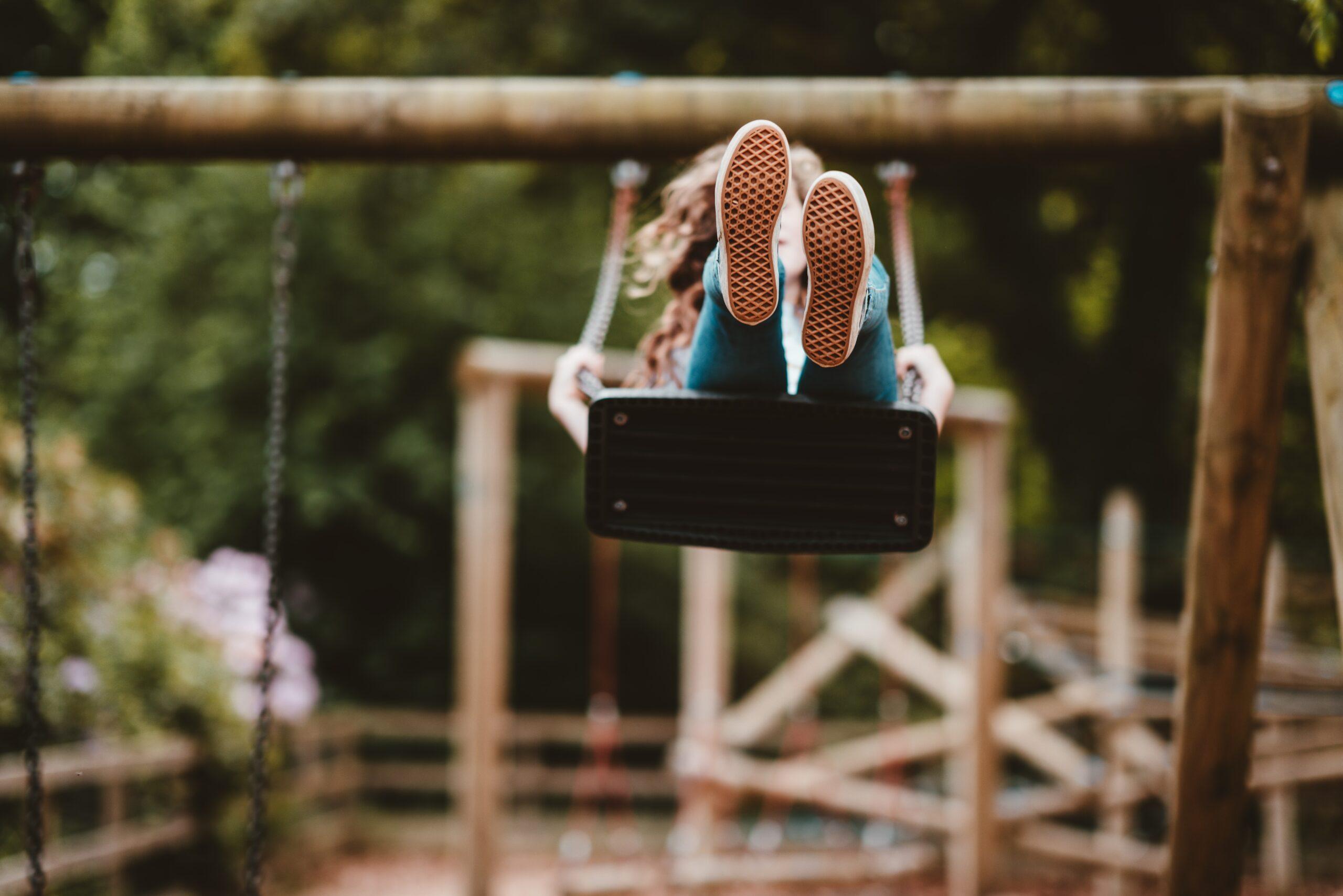The crisp, colorful fall months offer the perfect time to enjoy the great outdoors. What better way to do so than with geocaching, a nature-based game using GPS-enabled technology? It requires players to navigate to a specific set of coordinates. Once the destination is reached, participants try to discover the hidden geocache, or container.
Ihor S. Andruch and his family are hooked on geocaching. Throughout one year, they’ve found more than 100 caches in New Jersey and New York. “For us, it’s a good reason to explore nature and go hiking at local parks,” says the father of two who lives in Clifton, New Jersey. “It’s a good way to break up a long road trip with the kids. It gives us exercise and lets us enjoy nature while we look for the geocaches.”
Players hide and maintain all of the geocaches. This means that your family can create places and leave treasures for others to find. “I enjoy geocaching because it brings you to new areas that you wouldn’t normally visit,” says Jason Yorton of Chicago. “Since they are in every city or town, it is a cost-efficient way to explore when you are traveling for work or on family vacations.”
When players take something from the geocache, they are expected to leave an item of equal or greater value in return. Participants also are expected to leave the geocache in the same location.
The Andruch family has placed several caches locally. “We placed one at Garrett Mountain Reservations, called the CD Jukebox Exchange. It is an old ammo-box and contains music CDs,” Andruch says. He also placed another geocache at Garrett Mountain Reservation in northern New Jersey, between an old lookout tower and Lambert Castle, both newly renovated. “Whenever people find the cache, they leave comments about the beautiful view and/or how they never even knew the tower and castle existed.”
Often, geocaches are theme-based. For example, the “9-11, Never Forget” geocache is located in a rocky wall that is a few yards away from what was once a great view of the Twin Towers in New York City. “When we found it, our kids had questions about September 11th,” Andruch explains. He believes geocaching trips provide learning opportunities along with other benefits. “It’s a really cost-effective way to get out there and see things. The hobby is a great workout and is educational for adults and children.”
Even if your family doesn’t find the cache, you’ll almost always find another unexpected treasure, such as woodland animals, unique birds and interesting bugs.
Getting Started
The Internet helps you find the coordinates of a geocache near you. See the official website at geocaching.com, which provides rules, guidelines and useful links. Type in your zip code or the name of your town, and a list of geocaching locations appears.
Next, players enter the coordinates of the geocache into their GPS device. In addition, the geocache’s general size is noted on the website to give players an idea of what they’re looking for on their hunt. The accuracy of the location’s coordinates range from about six to 30 feet. “Don’t get frustrated if you don’t find the cache the first time you look for it,” Andruch affirms. “There have been many occasions where we didn’t find a cache our first time out looking for it.”
With their flexibility and energy, kids often have an advantage when geocaching. They are closer to the ground and at times, they can reach areas that adults cannot. Andruch’s 7-year-old son is good climber, and his 8-year-old daughter has gained incredible instincts.
Yorton adds that geocaching is a great way to keep your family active. “Now when you go on a walk, run or bike ride, you have a geocache to pick up along the way, or you can use the geocaches to pick your route.”
For more information on geocaching, visit the official site at geocaching.com.




